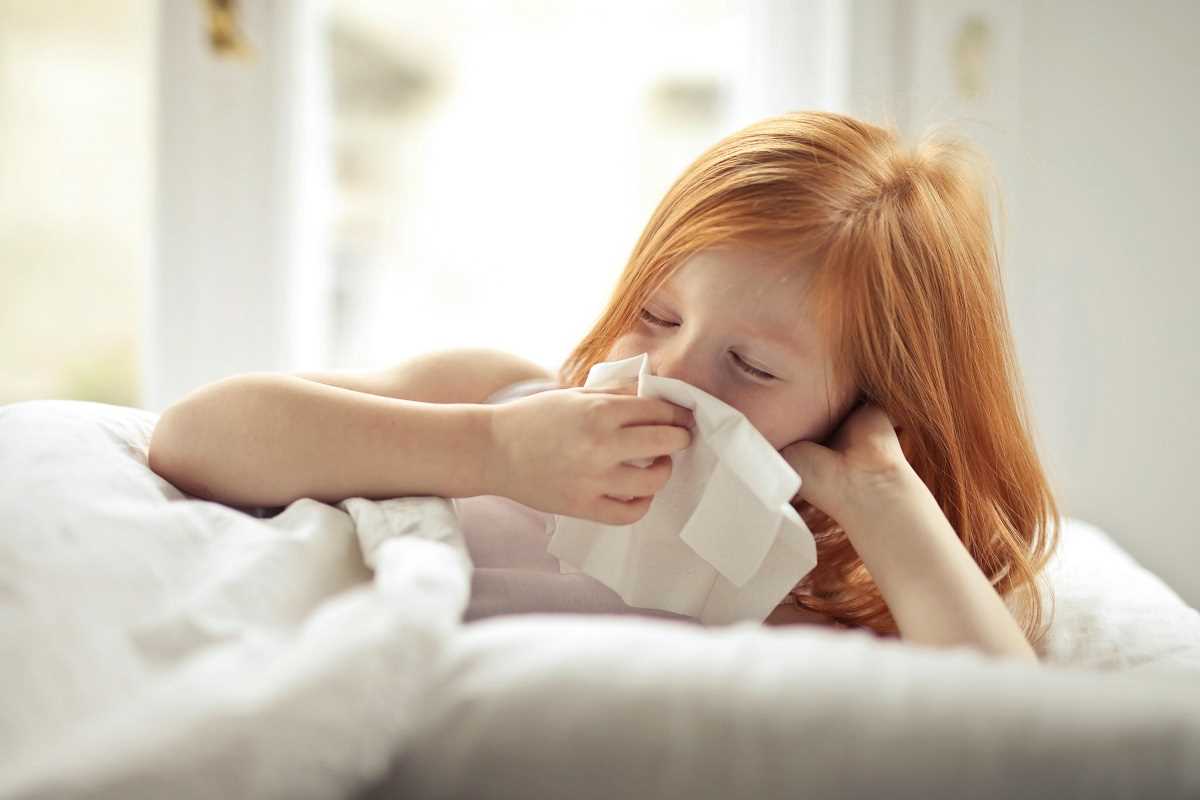As winter approaches, parents often find themselves preparing for the inevitable cold and flu season, especially when their children are in school and exposed to a myriad of germs. Keeping kids healthy can be challenging, but with the right strategies, you can help your child avoid getting sick and maintain a happy, active winter season. Here are some practical tips to keep those pesky viruses at bay.
1. Emphasize Good Hygiene Practices
Teaching your children to wash their hands frequently is one of the simplest yet most effective ways to prevent the spread of illnesses. Encourage them to wash their hands with soap and water for at least 20 seconds, especially after using the bathroom, before eating, and after playing outside. Consider keeping hand sanitizer handy for times when soap and water aren't available. Remind them to avoid touching their face, particularly their eyes, nose, and mouth, as this is a common way germs spread. Additionally, incorporate regular showering into their routine to maintain overall cleanliness. This helps remove any germs and bacteria they might have picked up during the day, further reducing the risk of illness.
2. Boost the Immune System with Nutrition
A strong immune system is crucial in fighting off viruses. Ensure your child’s diet is rich in fruits and vegetables, which are packed with essential vitamins and minerals. Foods high in vitamin C, such as oranges, strawberries, and broccoli, can help support immune function. Incorporate foods with zinc, like nuts and seeds, and don't forget about probiotics found in yogurt, which can also boost immunity.
3. Encourage Regular Exercise
Regular physical activity can help strengthen the immune system. Encourage your kids to get at least 60 minutes of exercise most days of the week. This could be through sports, dancing, or even a simple walk in the park. Exercise also helps reduce stress, which can weaken the immune system.
4. Create a Healthy Home Environment
Maintaining a clean home can help reduce the spread of germs. Regularly disinfect frequently touched surfaces such as doorknobs, light switches, and electronic devices. Consider using a humidifier in your home, especially during the dry winter months, to keep nasal passages moist and more resistant to viruses.
5. Stay Up-to-Date with Vaccinations
Ensure your children receive their flu vaccine each year. The vaccine is your best defense against the flu and can reduce the severity of symptoms if they do get sick. Consult with your healthcare provider to ensure your child is up-to-date on all recommended vaccinations.
6. Recognize Early Symptoms
Educate yourself and your children about the early signs of colds and flu, such as a sore throat, sneezing, coughing, and fatigue. Early recognition can help you take action to prevent the illness from worsening, such as ensuring your child gets plenty of rest and fluids.
7. Manage Stress and Ensure Adequate Sleep
Stress can impact the immune system negatively, making it easier for your child to get sick. Encourage your child to talk about their feelings and find healthy ways to manage stress, such as through art or mindfulness exercises. Additionally, make sure they get plenty of sleep—children typically need 9-12 hours of sleep per night, depending on their age, to maintain a healthy immune system.
8. Teach Children to Cover Their Mouths
Instructing kids to cover their mouths with a tissue or their elbow when they cough or sneeze is crucial in preventing the spread of germs. It’s a simple habit that can significantly reduce the risk of passing illnesses to classmates and family members.
9. Stay Hydrated
Keeping your child well-hydrated is essential for maintaining a strong immune system. Encourage them to drink plenty of water throughout the day. Proper hydration helps maintain the body's natural defense mechanisms and can prevent dry nasal passages, which can be more susceptible to viruses.
10. Dress Appropriately for the Weather
Ensure your child is dressed in layers to adapt to changing temperatures. Keeping warm with hats, scarves, and gloves can help protect against the cold and wind, which can lower the body’s defenses against sickness. Make sure they are comfortable and able to remove layers if they get too warm.
Through these tips, you can help your child (and you) stay healthy and fully functioning this winter season. By building solid habits and staying proactive, you can prevent illness and experience all the joys of winter without the sniffles.
 (Image via
(Image via





